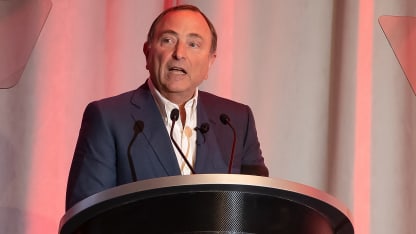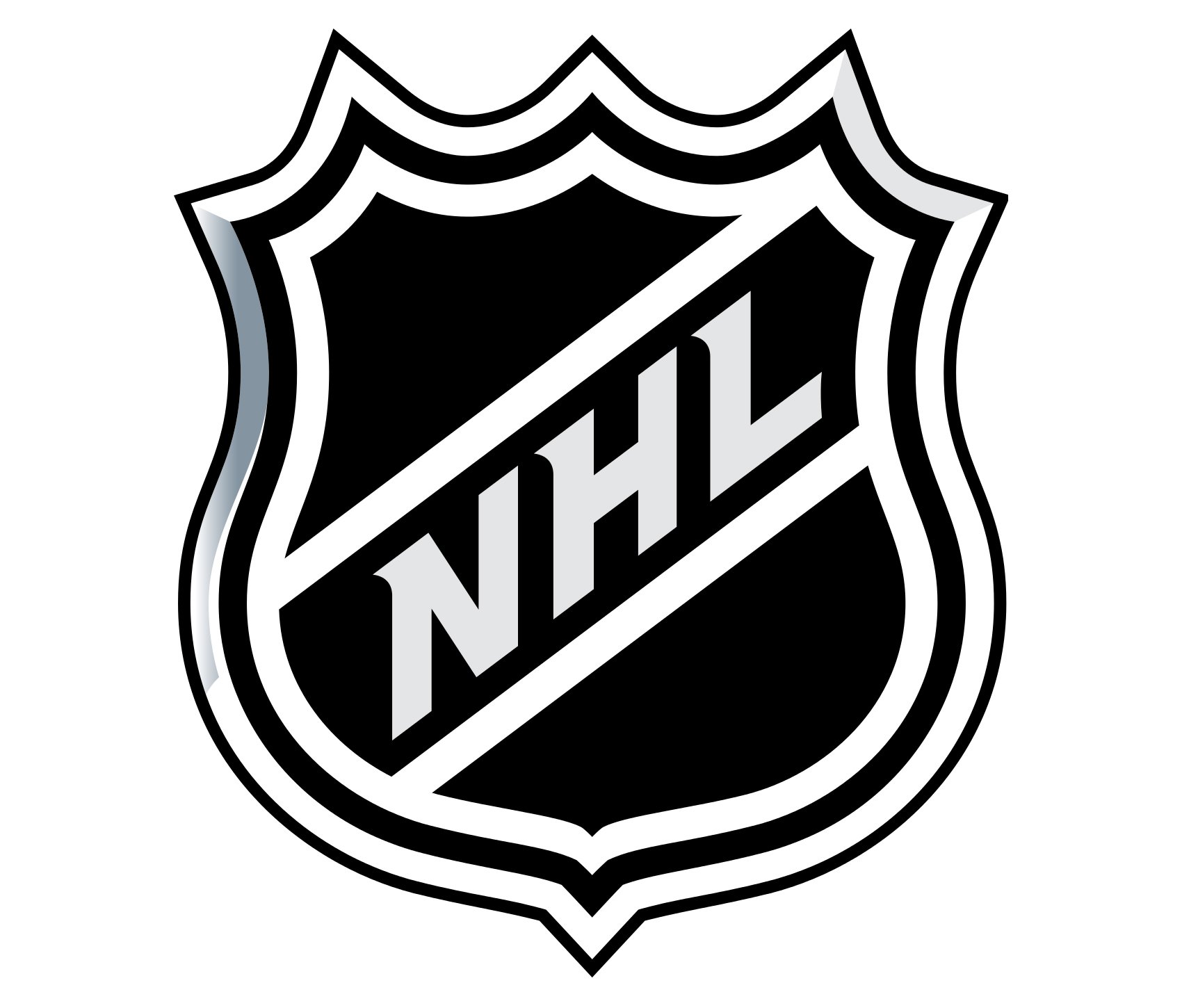Bettman, though, left open the possibility that the NHL and NHL Players' Association could agree to raise the cap for next season even if the debt is not paid off in full.
"We're hearing around the bend from players and others that there may be interest in having that [discussion]," Bettman said.
But raising the salary cap prematurely would also require the NHL to raise the 6 percent escrow rates the players are required to pay in the last three years of the NHL/NHLPA Collective Bargaining Agreement.
"If you're going to raise the cap prematurely then we're going to have to look at the escrow percentage as well," Bettman said. "The two are inexorably tied together."
The salary cap has been considered flat since 2020-21 because the players have been paying off the approximate $1.5 billion escrow debt they incurred in 2019-20, when the season was paused because of the coronavirus pandemic.
During the pause, hockey-related revenues flatlined, but the players were still being paid, thus giving them more than the 50 percent share of HRR allotted to them under the terms of the collective bargaining agreement.
Instead of collecting the debt owed all at once, the NHL spread it out with the idea that it would be paid off in several years. The original projection had the debt being paid off during or after the 2024-25 season, but revenue growth has been strong, allowing for it to be repaid sooner.
"We're back from COVID pretty strong," Bettman said. "Our revenues are approaching the $6 billion range and they're at an all-time high. Attendance is strong. TV media revenues is strong. Sponsorship support is great. But I don't want it to be led on that we're going to make it or it's going to be close. We're doing well. The escrow is coming down. When we started this there was a lot of skepticism of how the $1.5 billion was going to be repaid. But the fact is we're in the home stretch on that and if it's not this year it'll be next year, which is sooner by a year or two at least than we had initially expected when we entered into the extension to the CBA."





















